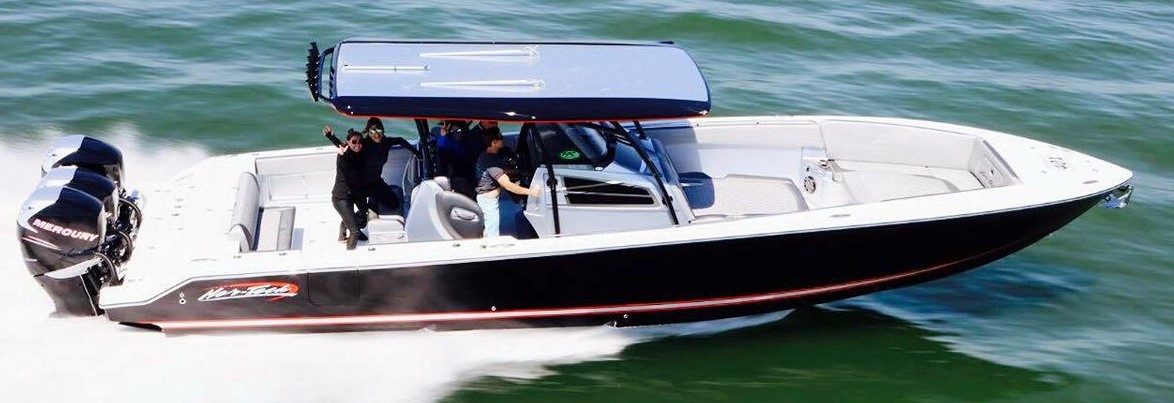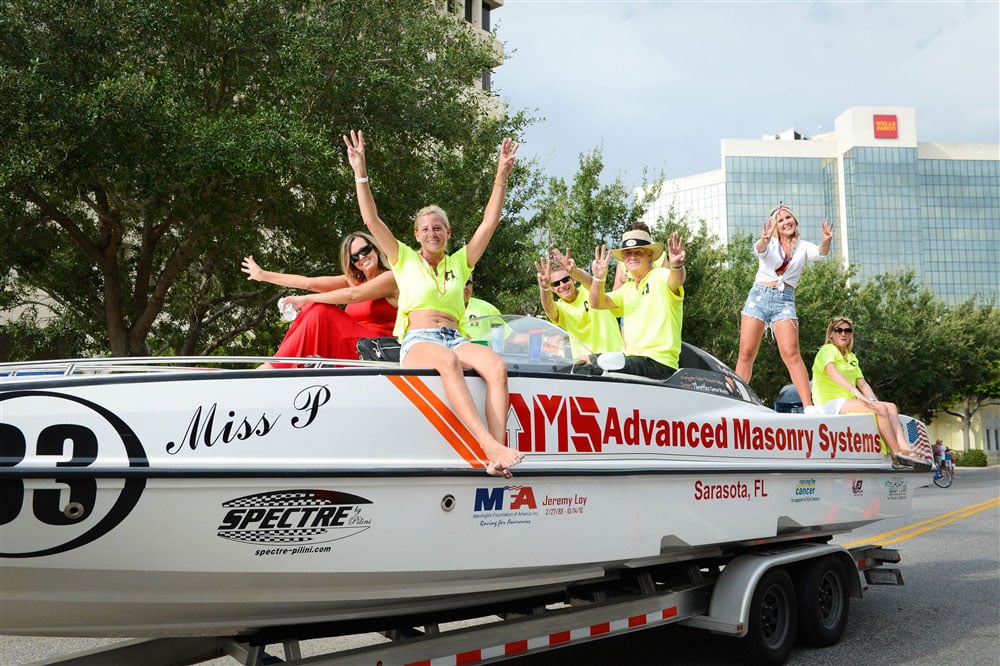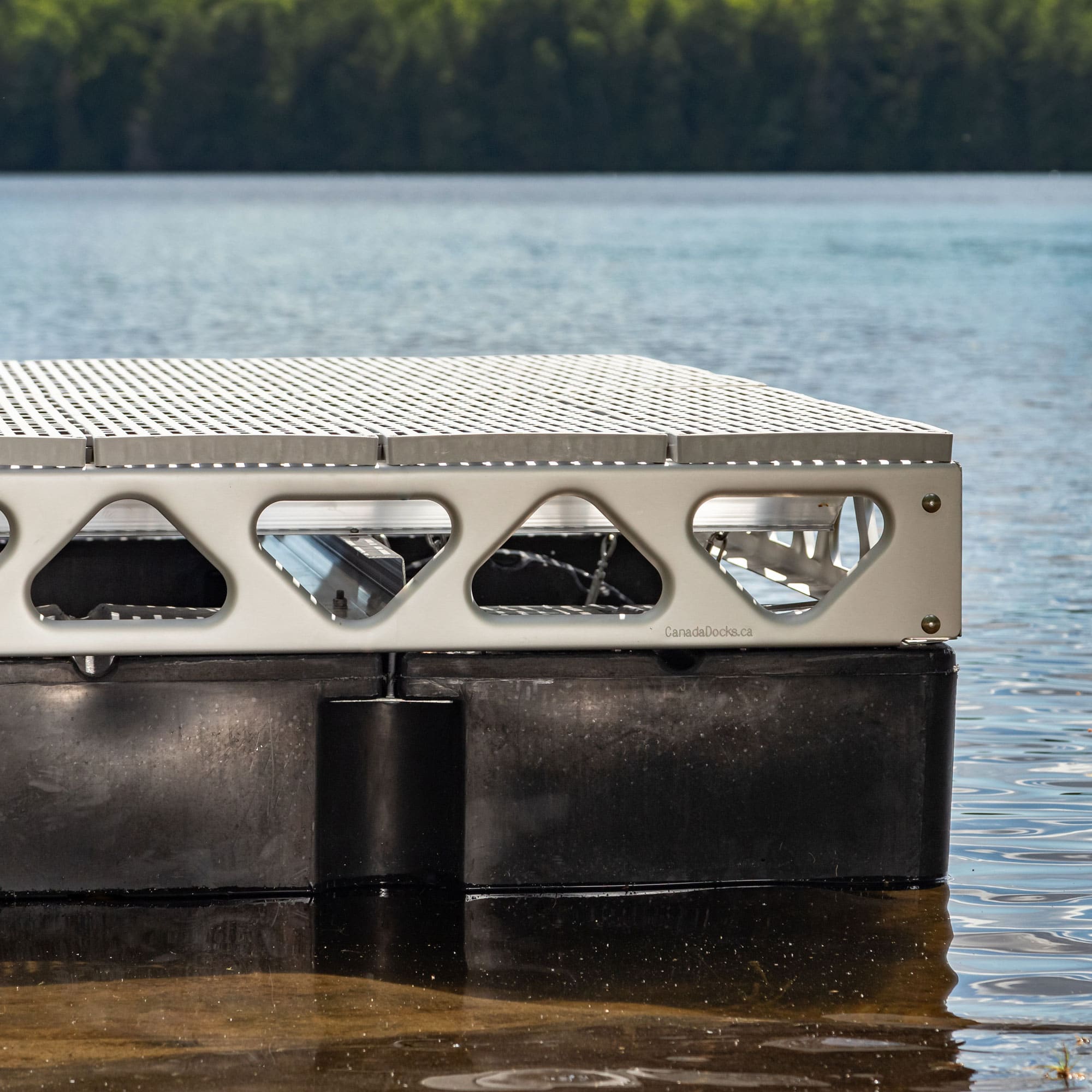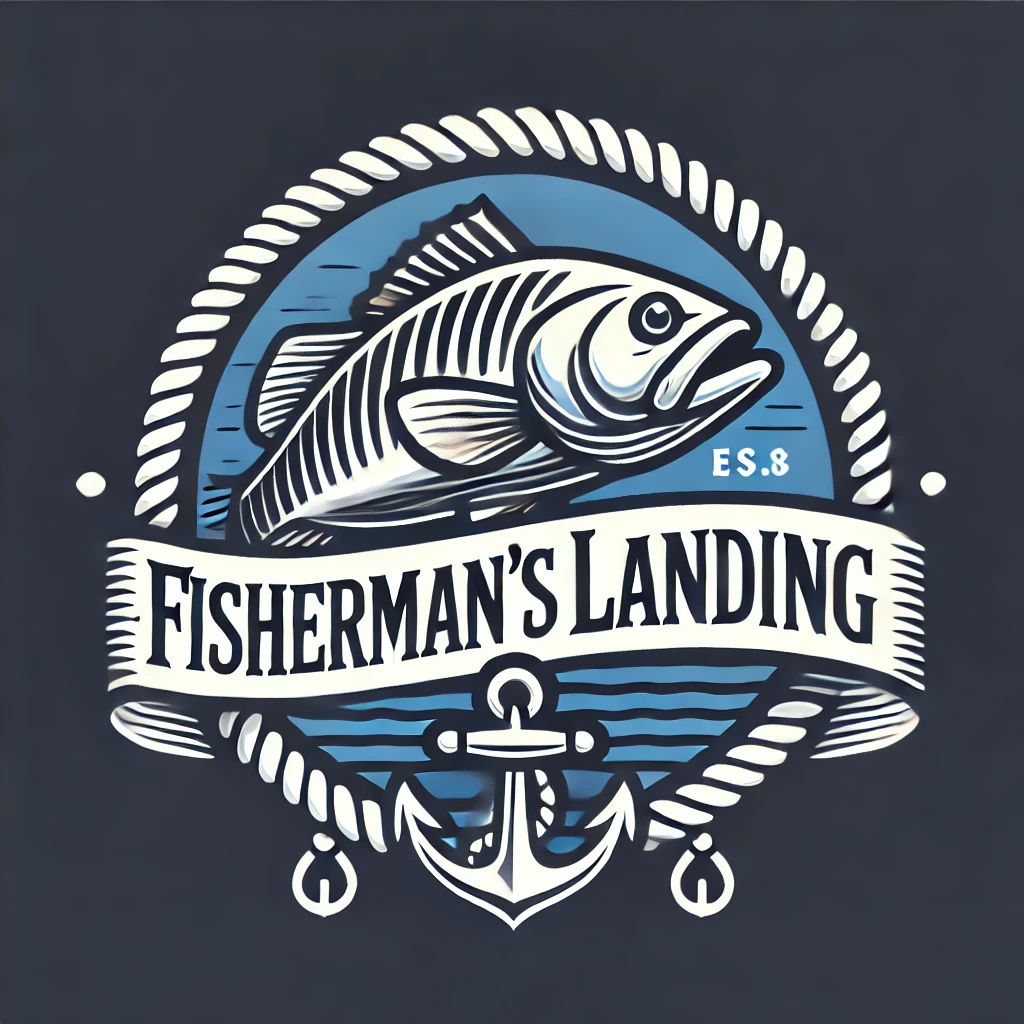Florida Boating License-Get it Quick!
The Sunshine State, also known as Florida, is a haven for water enthusiasts with its 1350 miles of coast and over 3000 lakes. But before you rush out to indulge your maritime passions, you need to remember one vital thing—a boating license.
Obtaining a boating license in Florida may seem like a daunting task, but it doesn’t have to be. This article will walk you through the process, the requirements, and tips for getting your Florida boating license quickly and without a hitch.

Understanding Florida Boating License Requirements
Before we delve into the process of acquiring a boating license, it’s crucial to understand that in Florida, what's typically referred to as a 'boating license' is actually known as a Boater Education Card. This card is mandatory for anyone born on or after January 1, 1988, operating a motorized boat of 10 horsepower or more.
This rule ensures that boaters are equipped with the necessary knowledge to safely and responsibly operate a boat. Moreover, unlike a driver's license, the Boater Education Card does not expire, and you don’t have to renew it periodically.

Step 1: Meet the Age Requirement
The first requirement for obtaining your Boater Education Card in Florida is age. Florida law requires any person who wishes to operate a vessel powered by a motor of 10 horsepower or more to be at least 14 years old.
Step 2: Take a NASBLA-approved Boating Safety Course
To earn your Boater Education Card, you need to complete a boating safety course approved by the National Association of State Boating Law Administrators (NASBLA). Several providers offer such courses, and they are available both in person and online, giving you flexibility according to your schedule and learning preferences.
These courses cover a wide array of topics including navigation rules, boat handling, safety equipment, emergencies, and Florida-specific laws and regulations. The depth of information in these courses ensures you're well prepared for any situation that may arise while boating.
Step 3: Pass the Final Exam
After completing the boating safety course, you will have to pass a final exam. Don't worry; the test isn't designed to trick you but to ensure you've understood and absorbed the course material. You must score at least 80% to pass. Remember, the goal here is safety and knowledge, so take your time and learn the material well.
Step 4: Apply for your Boater Education Card
Once you pass the test, you can apply for your Boater Education Card. The method for this depends on the provider of your course. Some issue the card immediately after the course completion, others might require you to apply for it separately. Typically, there is a small fee associated with card processing.
Step 5: Get Out and Boat!
Once you have your Boater Education Card, you're ready to hit the water! Keep the card on you whenever you're operating a boat—it's the law.

Exemptions and Additional Requirements
While the above steps provide a standard process for most prospective boaters, there are a few exceptions and additional requirements worth noting.
- Exemptions: If you were born before January 1, 1988, you do not need a Boater Education Card to operate a boat in Florida. However, it’s still a good idea to take a boating safety course, as the knowledge can help prevent accidents and may lower your boat insurance rates.
- Non-residents: Non-residents who have successfully completed a NASBLA-approved course from their home state can operate a boat in Florida without additional credentials. If your home state does not require a boating safety course, then you must complete a Florida course before operating a boat in the state.
- Personal Watercraft: In addition to the standard Boater Education Card, all operators of personal watercraft (PWC), such as Jet Skis or Sea-Doos, must be at least 14 years old and complete a NASBLA-approved boating safety course.

The Benefits of Getting Your Boating License
Aside from being a legal requirement for younger boaters, acquiring a Boater Education Card is beneficial for everyone. The knowledge and skills gained through the boating safety course can prove invaluable in a crisis. The training can potentially help prevent accidents and will give you the confidence to handle any situation that may arise on the water.
Moreover, insurance companies often offer discounts to boat owners who have completed a NASBLA-approved course. So, obtaining your boater education card could save you money in the long run.

Ready, Set, Boat!
Florida, with its year-round sunshine and plentiful water bodies, is a paradise for boaters. From the beautiful coastline to the tranquil lakes, there's no shortage of places to explore. But remember, while the fun is limitless, so should be your commitment to safety.
Getting your Florida Boating License—or more accurately, your Boater Education Card—is straightforward. All it takes is a little time, a little money, and a commitment to being a responsible, informed boater. After all, nothing should stand between you and the vast Floridian waters.
In conclusion, don't let the process of obtaining a boating license intimidate you. Take the plunge, sign up for a boating safety course today, and let your maritime adventure in the beautiful Sunshine State begin! After all, as they say, "The tans will fade, but the memories will last forever."
We Asked Floridians How They Got Their Licenses Quick!
Charlie, Editor of Sea Magazine (CE): Welcome to our special edition of Sea Magazine. Today, we're diving into a crucial subject - Florida boating safety education. Joining us are Captain Sarah Mitchell, a Florida boating laws expert, Jake Simmons, an instructor of the Florida boating safety course, and Dr. Lisa Price from the Florida Fish and Wildlife Conservation Commission. Welcome to all.
Sarah Mitchell (SM): Thanks for having us, Charlie.
Jake Simmons (JS): Glad to be here.
Lisa Price (LP): Thank you, Charlie.
CE: Let's start with you, Captain Mitchell. Can you give us an insight into the importance of Florida boating laws?
SM: Of course. Florida boating laws are primarily there to ensure boater safety. It's crucial that we respect these regulations - they're designed to protect us, other boaters, and the Florida Fish and Wildlife. Violating these rules can lead to hefty penalties.
CE: Thank you. Jake, you instruct an approved boater safety course. What are some basics you cover in your classes?

JS: We begin with basic boater safety education. This includes understanding navigational rules, emergency procedures, and the importance of personal flotation devices. We also offer an online course for convenience, though many prefer our classroom boater education course for a more hands-on experience.
CE: Sounds comprehensive. Now, Dr. Price, how does the Florida Fish and Wildlife Conservation Commission intersect with boating safety?
LP: Our Wildlife Conservation Commission works closely with organizations providing boating safety education to ensure regulations are adhered to, and to protect our unique ecosystem. Our joint aim is to prevent incidents that could harm people, marine life, or our delicate environments.
CE: Interesting. So, how does someone show they've completed an approved boater safety course?
JS: After completing the course, either online or in a classroom, participants receive a boater safety education ID, or as some call it, a "boater safety identification card". This card proves they've undergone the necessary training.
CE: And what happens if someone has lost or destroyed their boating safety education ID?
SM: They should reach out to the Florida Fish and Wildlife Conservation Commission. They have an electronic boating safety education system to re-issue these cards. This ensures that even if a physical card is lost, the data isn't.
CE: That's relieving to know. Lastly, could each of you give a single most important piece of advice for our Florida boaters?
SM: Familiarize yourself with Florida boating laws. They're for your safety and for the safety of those around you.
JS: Don't skip the safety education. Whether it's the basic boater safety education or a more advanced course, the knowledge can save lives.
LP: Remember that boating isn't just about you. It's about the Florida Fish, the wildlife, and the ecosystem as well. Let's enjoy our Florida boating safety with respect for all.
Summary Of Conversation
Sea Magazine recently hosted a comprehensive discussion with a group dedicated to boat licensing, revolving around the requirements and procedures for obtaining a boating license in the state of Florida.
The conversation initiated with the representatives of the boat licensing group introducing the Florida Boaters Safety Course. They emphasized its importance in educating Florida residents about safe boating. They stated that the Florida Boating Course is easily accessible as an online boating course, allowing individuals to work through the course at their own pace. The only requirement, they shared, was a steady Internet connection.
The temporary certificate was another point of interest. The group explained that upon successful completion of the course, boaters are issued a temporary certificate. This allows them to immediately operate their boats in Florida waters while waiting for their permanent education ID and completion certificate, both mailed from the organization's office at Meridian St Tallahassee.
The conversation moved towards the course approval, wherein it was confirmed that the course was Coast Guard approved. This approval ensures that the course content adheres to the highest standards of safety and education, making it more than sufficient for Florida boat operators.
With regards to receiving boating citations, the panel explained that boaters who do not comply with the rules might be given boating citations. However, they can avoid them by following the safe boating rules and guidelines presented in the Florida boaters safety course.
The minimum age requirement was also highlighted. It was noted that while there's no minimum age to take the course, boaters must be of a certain age to operate a boat independently. However, they encouraged everyone, regardless of age, to successfully complete the course for safety reasons.
The ability to take the exam online was also highlighted. This makes it easier for participants to sit for the exam once they feel prepared, emphasizing the "at your own pace" nature of the course.
Sea Magazine and the boat licensing group both emphasized the importance of the Florida boaters safety course in ensuring safe boating and reducing incidents in Florida waters.
Charlie is Editor-in-Chief of Sea Magazine







